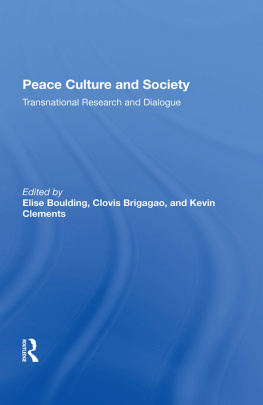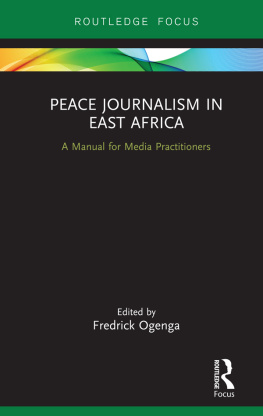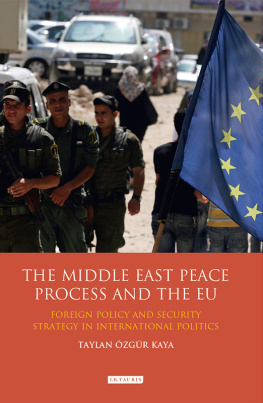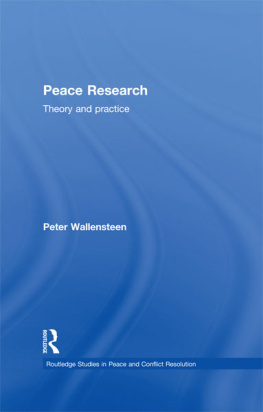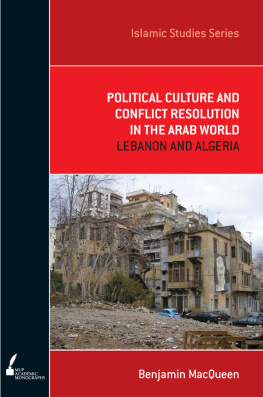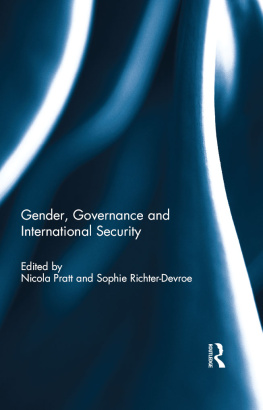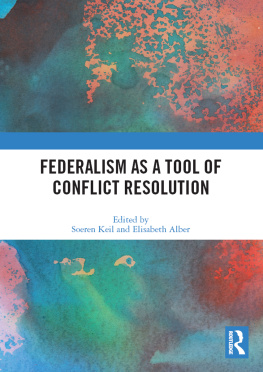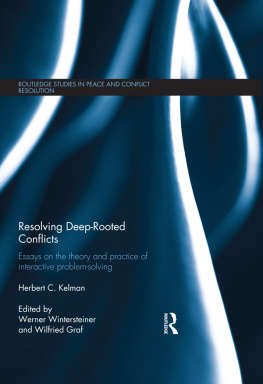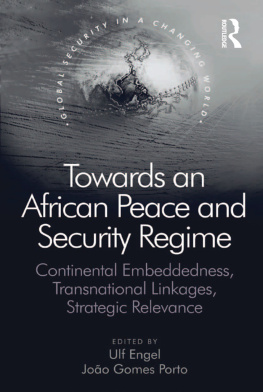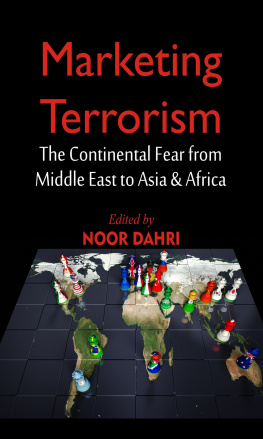First published 1991 by Westview Press
Published 2019 by Routledge
52 Vanderbilt Avenue, New York, NY 10017
2 Park Square, Milton Park, Abingdon, Oxon OX14 4RN
Routledge is an imprint of the Taylor & Francis Group, an informa business
Copyright 1991 Taylor & Francis
All rights reserved. No part of this book may be reprinted or reproduced or utilised in any form or by any electronic, mechanical, or other means, now known or hereafter invented, including photocopying and recording, or in any information storage or retrieval system, without permission in writing from the publishers.
Notice:
Product or corporate names may be trademarks or registered trademarks, and are used only for identification and explanation without intent to infringe.
Library of Congress Cataloging-in-Publication Data
Peace culture and society : transnational research and dialogue /
edited by Elise Boulding, Oovis Bri.pgao, Kevin Clements.
p. cm.
1. PeaceResearchDeveloping countries. I. Boulding, Elise.
II. Brigagao, Oovis. III. Clements, Kevin.
JX1904.5.P393 1991
90-26353
327.17207201724dc20
CIP
ISBN 13: 978-0-367-28248-6 (hbk)
At certain moments history turns on a hinge of new ideas.
E.P. Thompson
1989 certainly represents one of those moments, yet, when IPRA held its 12th General Conference in August 1988, few of the participants imagined that within the space of 13 months popular social movements would topple socialist regimes in Poland, Czechoslovakia, Hungary and the German Democratic Republic.
Nobody imagined the Berlin wall or the wire fence between Hungary and Austria being dismantled. Even fewer contemplated the overthrow of the Ceaucescu regime in Rumania, pluralistic politics in Bulgaria, a single German economy or a reunited Germany.
No one knew much about the growing democracy movement in China, or if they did, they would have been unable to foresee its tragic denouement. The idea of the Baltic and other Soviet Republics withdrawing from the USSR would have seemed fanciful in 1988, and the political situation in Central America looked bleak. Namibia had not attained independence; Nelson Mandela was still in a South African prison and the bloody Iran-Iraq war was still in progress.
While there were signs of a slight thaw in the old cold war, there was continuing anxiety about the modernisation and deployment of medium-range nuclear missiles in Europe.
In 1988 it would have been considered quite surreal for a gathering of peace researchers to suggest that an imprisoned playwright would become president of Czechoslovakia, a musician prime minister of the German Democratic Republic and a dissident writer president of Hungary.
Yet, if something profound happened between 1988 and 1989, and history did turn on a hinge of new ideas, the ground had been prepared at least in part by the peace research community. The slow undramatic work of peace researchers, a sample of which appears in this book, has been an important element in new thinking about the cultural and political conditions necessary for stable peace, alternative means of achieving security, the catalytic role of popular movements in political and social transformation and the necessity to connect straggles for peace and justice. While excitement about events in Europe has drawn attention away from North-South issues, the peace research community has paid attention to such issues and will continue to do so.
The first year of the 1990s presents dangers, as well as opportunities. There are nationality conflicts in Eastern Europe, bloody and corrosive conflicts in the Middle East, apartheid splutters along; long suppressed ethnic and nationality disputes are emerging throughout the Soviet Union and in South and East Asia; seemingly intractable development problems continue to afflict Africa, Central and South America and the whole world is confronted with profound challenges to the global biosphere.
It is absolutely premature, therefore, to announce the end of history. On the contrary, the current easing of East-West tension simply provides an opportunity to highlight issues that have long been obscured by superpower rivalry and the cold war. It provides a moment for the relatively wealthy European nations of the world (both East and West) to direct attention and energy towards North-South issues: the satisfaction of basic needs, the quest for social and economic justice - within and between nations - and the development of a new global security regime. While most political and economic attention is currently directed towards Europe, this focus will certainly not result in stable peace, justice or security unless there is an equal commitment to listen and respond to the Third World and to heal the damaged planet.
As these pages show, a number of peace researchers were, at least in part, imagining alternative futures and not just reviewing the past. Had even more attention been given to best case scenarios, it is possible that more of the unexpected events might have been envisaged in Rio in 1988. Peace researchers, along with other social scientists, have been challenged by events to develop analytic frameworks sufficiently large and flexible to encompass political surprises and currently implausible events. The often questioned element of idealism and utopianism in peace research, an element clearly present in the chapters dealing with the development of a peace culture, has been more than justified by recent events.
In fact, while few people in 1988 had the imagination and vision to see the specific events that took place in 1989, many of the ideas that constituted the new hinge had been articulated by peace researchers for many years.
The 1980 Palme Commission Report on Common Security, for example, long foreshadowed by the work of peace researchers, has become the basis of a new paradigm for international affairs. Although the Palme formulation was rather cautious and stressed disarmament and confidence building measures, the underlying principles gave considerable legitimation to the CSCE process in Stockholm and underpinned the discussions on conventional force reduction in Europe. In Moscow, Kremlin foreign policy advisors not only paying lip service to Common Security, but are making serious efforts to ensure that future Soviet defense and security policies do not generate feelings of insecurity or actual insecurity for neighbors or potential adversaries. And in smaller more insignificant countries, Common Security assumptions legitimate the co-operative principles which size and vulnerability have long dictated as the most pragmatically sensible. It would not have been possible for these ideas to have gained currency, however, without peace researchers addressing the realities of the 1980s and devising both pragmatic and visionary alternatives.

